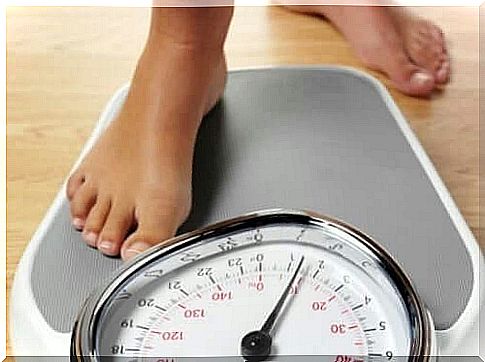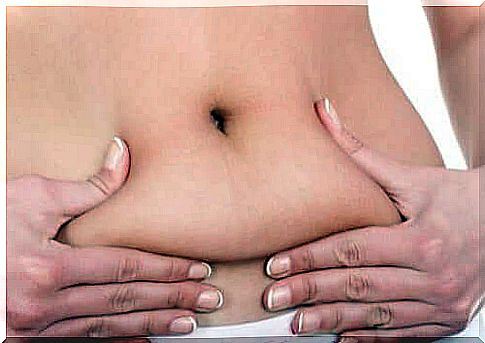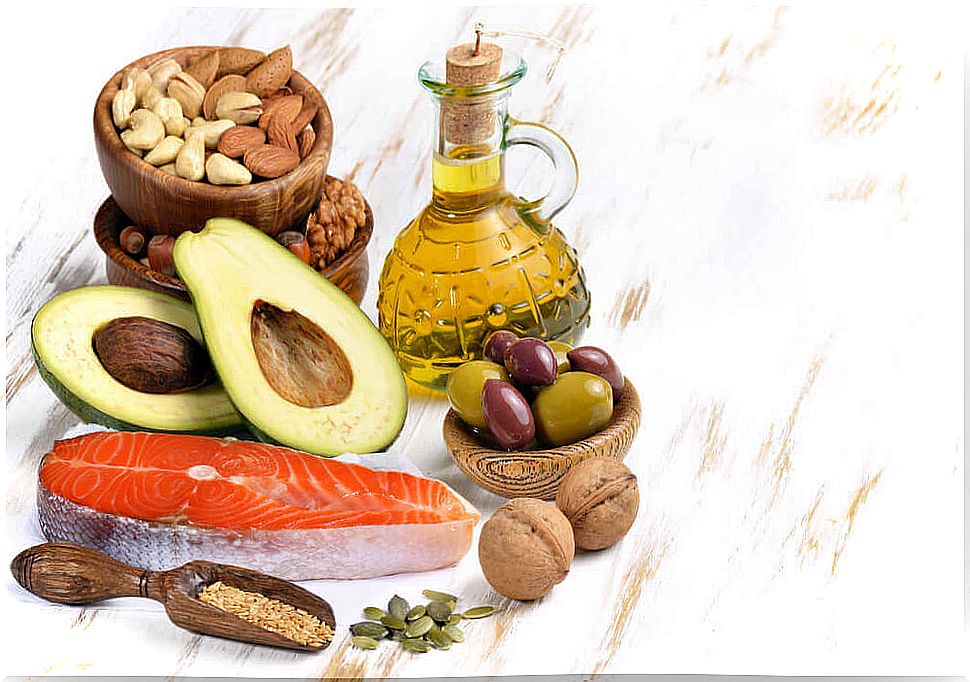False Myths About Diets, 6 Of The Most Common

Before starting a weight loss diet, it is important to know some false myths about diets that prevent us from making the right decisions in order to improve our lifestyle. Generally, several doubts arise when we are about to embark on a diet, and we do not know what to believe.
Many people think it is necessary to say goodbye to any delicious dish if you want to get results. There are also those who limit or eliminate certain food groups, thinking that they do not help in achieving their goal.
The truth is that these beliefs are based on false myths and, therefore, may be the reason why some of us fail to adopt a balanced diet that suits our needs. For this reason, first of all, the ideal would be to consult a specialist to know the dietary guidelines to follow according to age, mood, weight and physical fitness.
At the same time, it is worthwhile to dispel some myths about diets, since – although they do not seem of any importance – they can be counterproductive.
6 myths about diets
1. There are no fat burning foods

Many foods are attributed “fat burning” properties due to the effects they have on the body. However, it is incorrect to say that they have this quality, as they do not by themselves have this function.
Low calorie meals help you lose weight, that’s true; the problem arises when you think that a simple food can be the solution to being overweight.
According to the British Heart Foundation , to eliminate fat you need to consume fewer calories. With high energy consumption, the weight will gradually decrease.
2. Diet myths to dispel: carbohydrates are not bad
Over the years, carbohydrates have gained a bad name. Many see them as enemies of a healthy diet because they promote weight gain. But are we sure that this is the case? If the carbohydrates come from healthy foods, they are not an obstacle to weight loss (as long as their consumption is moderate).
To maintain a healthy diet, you need to be able to distinguish between refined and complex carbohydrates. While the former can cause metabolic decompensation and overweight, the complex ones prolong satiety and provide an extra dose of fiber.
3. It is not correct to eliminate fat

Many eating plans suggest cutting fat altogether to effectively lose weight. Although several kilos are lost this way, some unwanted effects also occur in most cases.
There are sources of healthy fats that should not be eliminated from the diet. Monounsaturated and polyunsaturated fats, for example, are useful for stimulating the elimination of harmful fats such as bad cholesterol (LDL).
Foods like salmon, avocado or nuts are examples of good fats that we shouldn’t shy away from eating.
4. It is not necessary to eliminate red meat
Red meat is rich in purines and can promote the buildup of uric acid over time. However, it is not necessary to completely eliminate it from your diet, especially as it provides essential nutrients.
A moderate serving of red meat offers large amounts of essential protein and minerals. These protect the body from ailments such as anemia.
5. Dairy products are not harmful: false myths about diets

Whole milk and its derivatives contain fat. However, when taken in moderate doses, they shouldn’t pose a problem to our diet. In addition, we can often choose skim and lighter dairy products.
These foods are important sources of calcium, vitamin D and high biological value proteins that are beneficial to muscle and bone health. It is not bad to consume them occasionally, as long as you do not suffer from lactose intolerance.
6. Light foods are not the best option
Foods labeled “light”, “zero calories” or similar cause a lot of confusion among consumers. The market sells them as the best alternative as part of a healthful diet, but they really don’t do that well.
These products are lower in calories than their original version, however they typically contain more sugar and chemical additives. Since they are perceived as “healthy” food, many people consume them excessively, without considering that in this way they add additional calories and sugars to their diet.
Do you want to follow a healthy diet? Keep the above in mind and consider your body’s needs. Although there are many nutritional plans, the ideal is to opt for balanced and complete meals.









